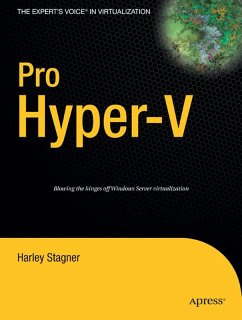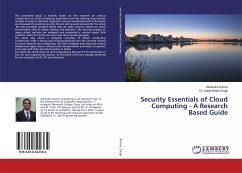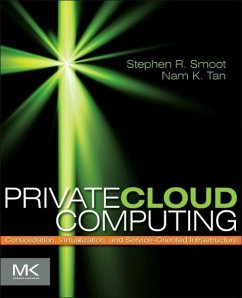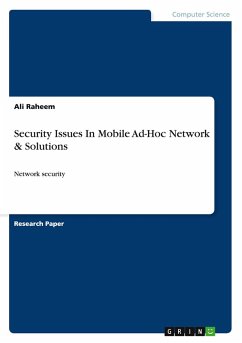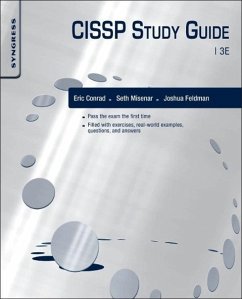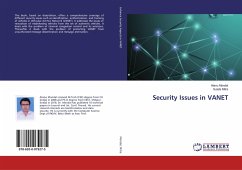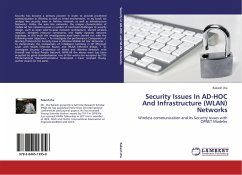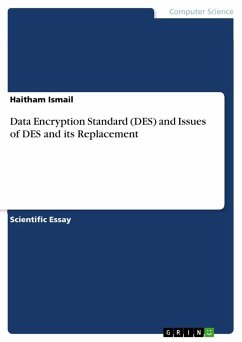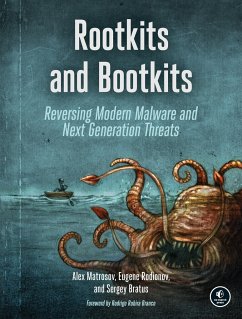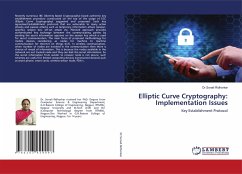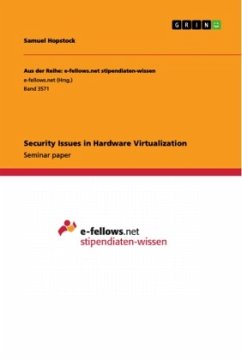
Security Issues in Hardware Virtualization

PAYBACK Punkte
0 °P sammeln!
Seminar paper from the year 2020 in the subject Computer Science - IT-Security, grade: 1,3, Technical University of Munich (Department of Informatics), course: Seminar Securing the Linux Kernel - Features and Attack Vectors, language: English, abstract: Hardware virtualization is the core concept behind the huge success of cloud computing in the last years. Effective isolation among different virtual machines running on the same host is promised, as well as isolation from the operating system that might be present on the host itself. These barriers are necessary, as cloud computing may create ...
Seminar paper from the year 2020 in the subject Computer Science - IT-Security, grade: 1,3, Technical University of Munich (Department of Informatics), course: Seminar Securing the Linux Kernel - Features and Attack Vectors, language: English, abstract: Hardware virtualization is the core concept behind the huge success of cloud computing in the last years. Effective isolation among different virtual machines running on the same host is promised, as well as isolation from the operating system that might be present on the host itself. These barriers are necessary, as cloud computing may create a situation where both provider and customer do not trust each other: The provider wants to keep full control over their expensive server hardware and the customer may want to process sensitive data inside their virtual machine that neither the provider nor other customers are allowed to see. As such, there are several attacker models to be considered in this context, both customers and hosting providers wanting to take control over other virtual machines or the physical server itself. In this paper, we consider attacks for each of the attacker models, as well as possible mitigations. In the end, we will find that while preventing VM escapes only really depends on having secure hypervisor implementations, efforts to protect the VM from the host itself are still rather flawed.




